Now Viewing:
Torrington
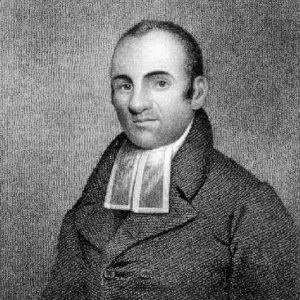
Lemuel Haynes: America’s First Black Ordained Minister
Lemuel Haynes was a father, husband, pastor, and patriot—he is widely considered to be the first Black man in America to be ordained by a Protestant church.
Read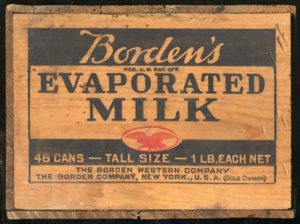
Evaporated Milk’s Connecticut Connection – Who Knew?
In, 1856 businessman Gail Borden Jr. opened the first commercial milk condensery at Wolcottville (now Torrington).
Read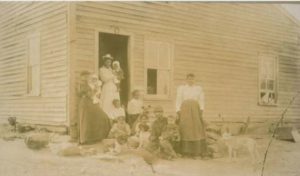
John Brown: A Portrait of Violent Abolitionism
John Brown of Torrington used violence to oppose the spread of slavery prior to the Civil War, ultimately leading a bloody raid on the armory in Harper’s Ferry, Virginia.
Read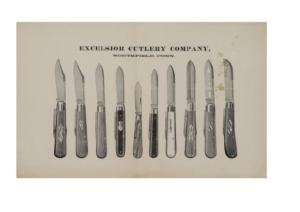
Connecticut Pocketknife Firms
Connecticut pocketknife production began around 1840. Over the next two decades, Connecticut became the earliest state to have a burgeoning craft.
Read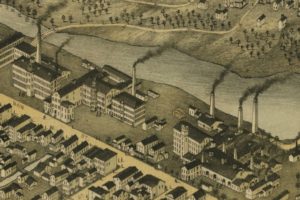
The American Brass Company: Leading the Way in the “Brass Valley”
The American Brass Company helped make the Naugatuck Valley a center of international brass production until the late 20th century.
Read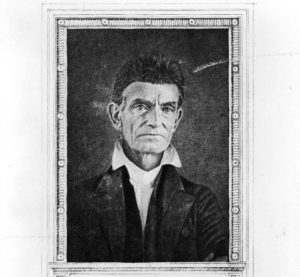
John Brown Born – Today in History: May 9
On May 9, 1800, the man who became a catalyst for the Civil War was born in an 18th-century saltbox house in West Torringford.
Read
Torrington Recovers after the Flood of ‘55
In August of 1955, two hurricanes that moved through Connecticut caused a devastating flood of the Naugatuck River.
Read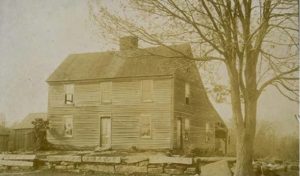
Hidden Nearby: John Brown’s Torrington Birthplace
Ruins are all that remain of the birthplace of this transformative figure in US history.
Read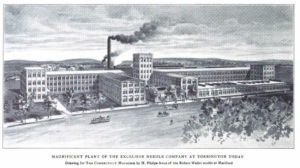
Thread Your Needle – Today in History: March 2
On March 2, 1866, the Excelsior Needle Company of Wolcottville was organized and produced machine-made sewing needles by a new method called swaging.
Read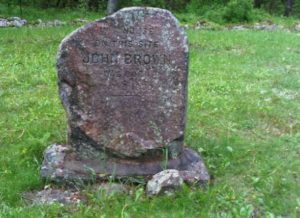
The Fight Over Slavery Reaches Torrington
In the years prior to the Civil War, Torrington, like many towns in New England and the rest of the country, found itself divided by the issue of slavery.
Read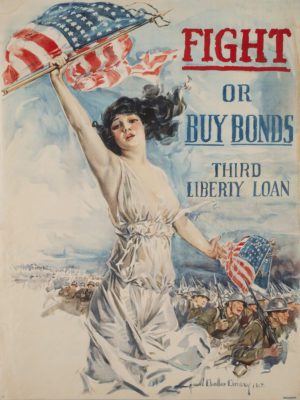
Preserving an All-American Downtown in Torrington
Torrington’s unique and historically significant buildings are the foundation on which local businesses and civic leaders built a revitalized economy.
ReadMore Articles




